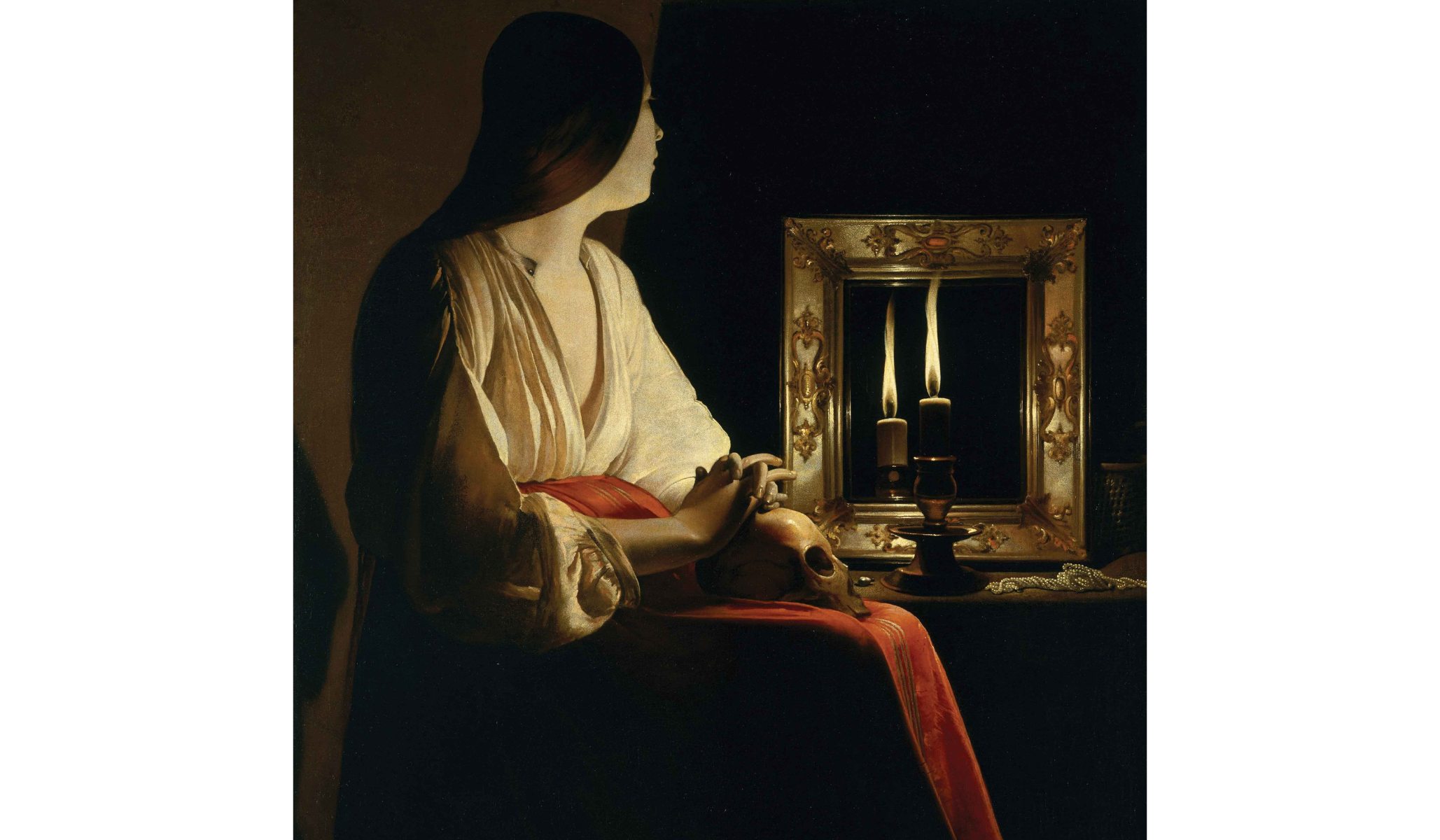A
anon_6hv78pr714xta
Guest
Interesting discussion of death, immortality, life-extending measures, etc, by two atheists. (They're both anti-woke, too, but if you are a woke appeaser, I think you can fast forward the small discussion on that point and still find it thought provoking).
The discussion was provoked by this article:

 www.nationalreview.com
www.nationalreview.com
An excerpt from the article if you don't feel like listening or reading:
Finitude gives our lives urgency. A clock is ticking in the back of our minds from an early age. Our decisions seem to matter because they cannot be remade. It’s vital how we spend our 35th year because we will never be 35 again. Were we blessed — or cursed — with an indefinite life span absent physical decay, how we spend year 35 would be of no consequence. All decisions could be remade. . . .
Even if the medical hurdles are surmounted, humans may not prove psychically suited to vastly longer lives, much less interminable ones. It’s an ironclad rule of economics that, if you flood the market with any good, it plunges in value; monetarily, an infinitely available good is worthless. The same rubric might apply to unlimited time. An eternal life could in some ways seem more precious — as noted, with eons on the line, the long-lived might be disinclined to run red lights — but otherwise living would almost certainly be infected by a besmirching dreariness. Worse, by malice. While older populations are broadly less prone to crime and warmongering than hotheaded younger ones, people display extreme temperamental variability. To the malevolent, acts of violence might become even more appealing, if only because mayhem would make something happen, and murder, which would if anything seem only more horrible, could grow still more alluringly transgressive. Rates of mental instability run high in our species, especially in “advanced” societies whose inhabitants aren’t preoccupied with physical survival. So we can’t rule out the possibility that eternal life would drive a significant proportion of humanity insane.
The mortal life is inherently tragic. The inevitability of death bestows poignancy and pathos on the most otherwise-ordinary existence. A beginning, middle, and end provide our every personal story a firm dramatic structure. I wonder if a life everlasting would make us feel less important, less interesting, less poetic. Some of our richest emotions flow from loss: mournfulness, bitterness, regret, sorrow, grief, and rage. The dominant emotions in an everlasting population would probably be restricted to a paler palette: irritation, melancholy, dissatisfaction, impatience, frustration, indifference, world-weariness, finickiness, dismay, resentment, disgust, despair, and sourness. Every sunrise, I’d anticipate a deafening chorus of that classic line from White Mischief: “Oh, God. Not another f***ing beautiful day.”
The discussion was provoked by this article:

The Modern Quest for Immortality | National Review
If technology could let you live forever, would you want to?
An excerpt from the article if you don't feel like listening or reading:
Finitude gives our lives urgency. A clock is ticking in the back of our minds from an early age. Our decisions seem to matter because they cannot be remade. It’s vital how we spend our 35th year because we will never be 35 again. Were we blessed — or cursed — with an indefinite life span absent physical decay, how we spend year 35 would be of no consequence. All decisions could be remade. . . .
Even if the medical hurdles are surmounted, humans may not prove psychically suited to vastly longer lives, much less interminable ones. It’s an ironclad rule of economics that, if you flood the market with any good, it plunges in value; monetarily, an infinitely available good is worthless. The same rubric might apply to unlimited time. An eternal life could in some ways seem more precious — as noted, with eons on the line, the long-lived might be disinclined to run red lights — but otherwise living would almost certainly be infected by a besmirching dreariness. Worse, by malice. While older populations are broadly less prone to crime and warmongering than hotheaded younger ones, people display extreme temperamental variability. To the malevolent, acts of violence might become even more appealing, if only because mayhem would make something happen, and murder, which would if anything seem only more horrible, could grow still more alluringly transgressive. Rates of mental instability run high in our species, especially in “advanced” societies whose inhabitants aren’t preoccupied with physical survival. So we can’t rule out the possibility that eternal life would drive a significant proportion of humanity insane.
The mortal life is inherently tragic. The inevitability of death bestows poignancy and pathos on the most otherwise-ordinary existence. A beginning, middle, and end provide our every personal story a firm dramatic structure. I wonder if a life everlasting would make us feel less important, less interesting, less poetic. Some of our richest emotions flow from loss: mournfulness, bitterness, regret, sorrow, grief, and rage. The dominant emotions in an everlasting population would probably be restricted to a paler palette: irritation, melancholy, dissatisfaction, impatience, frustration, indifference, world-weariness, finickiness, dismay, resentment, disgust, despair, and sourness. Every sunrise, I’d anticipate a deafening chorus of that classic line from White Mischief: “Oh, God. Not another f***ing beautiful day.”
Last edited by a moderator:

